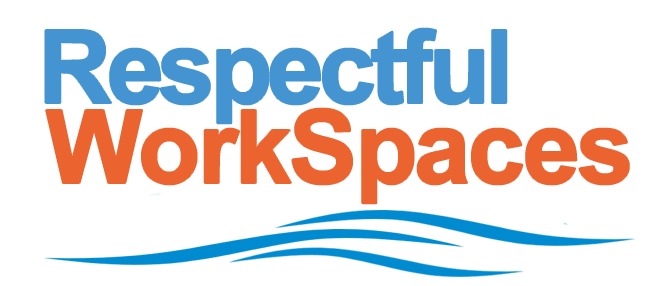“We don’t have time to go to the gym, so let’s do exercises while we’re doing something else … like vacuuming. Or meditating while we’re driving. But don’t close your eyes!”
Media: for immediate response, call or text (808) 282-2743
Implicit Bias: A Three-Part Report – Hawaii Business magazine
“In some cases, implicit biases can be addressed instantaneously; in other cases it’s a lifelong process, says Makana Risser Chai, an attorney, trainer and HR consultant who teaches courses on creating respectful workplaces. She says people might become motivated to change their thinking once they receive insight into how implicit bias impacts other people; on the other hand, we may develop biases as we get older or as we are exposed to new groups of people for the first time. …”
Half of Isle Adults Claim Sexual Harassment, Survey Finds
Makana Risser Chai, an attorney who assisted with the study and has spent 30 years working with employers on issues of sexual harassment, said she was surprised at how many respondents reported being sexually harassed in Hawaii, including men. She said a positive of the survey is that rates of sexual harassment were lower in organizations that had training programs and where employees felt that management took harassment seriously.
She noted that sometimes the person doesn’t realize that their behavior is wrong or making the other person uncomfortable.
“I make a distinction between those who are deliberate and those who are unthinking,” said Chai. “The deliberate ones, they’re predators. But the unthinking ones may have done something their whole lives and no one ever said anything to them. So we can’t really blame them for not knowing.
“One of the things we want to do in creating Safe Spaces and Workplaces is make it safe for men and women to talk with each other and express their feelings and listen to each other so that they can learn from each other.”
Nearly Half of Hawaii Workers Say They’ve Been Sexually Harassed
Those responses make sense to Makana Chai, an attorney who specializes in sexual harassment and is working with Safe Spaces and Workplaces. Chai has spent decades doing sexual harassment training and consulting in Hawaii and the mainland. The good news is, she says, the survey findings show “when employers take it seriously, when they have policies and procedures, the rate (of sexual harassment) is lower.”
Nearly Half of Hawaii Employees Have Faced Sexual Harassment
According to the report, most cases ― about 82 percent ― go unreported. “Some people said they didn’t think it was serious enough, some felt embarrassed ― ashamed ― and that it would be too emotionally difficult. Some did not want to get the person in trouble,” said Makana Risser Chai, founder of Respectful WorkSpaces. “And some said they didn’t think anything would be done.”
HR experts: We’d nip Biden’s behavior in the bud
“‘Even if it’s not illegal, if it makes someone uncomfortable, it’s going to affect their ability to do their job, and ultimately, that’s what HR cares about,’ said Rita Risser Chai, a former Silicon Valley attorney with expertise in sexual harassment and workplace training.”
Anti-Harassment Training in the Era of #MeToo
by Rita Risser Chai: A blended learning program will have the most impact on preventing unwanted behavior.
Lessons for Employers from the Joe Souki Case
by Makana Risser Chai: Reviewing current harassment policy is just one action that should be considered by Hawaii workplaces.
‘No talk stink’ culture can stop harassment
by Makana Risser Chai: When the #MeToo movement first appeared, a local businessman told me he didn’t think it would hit Hawaii because of our “no talk stink” culture. Actually, “no talk stink” can help stop harassment.
